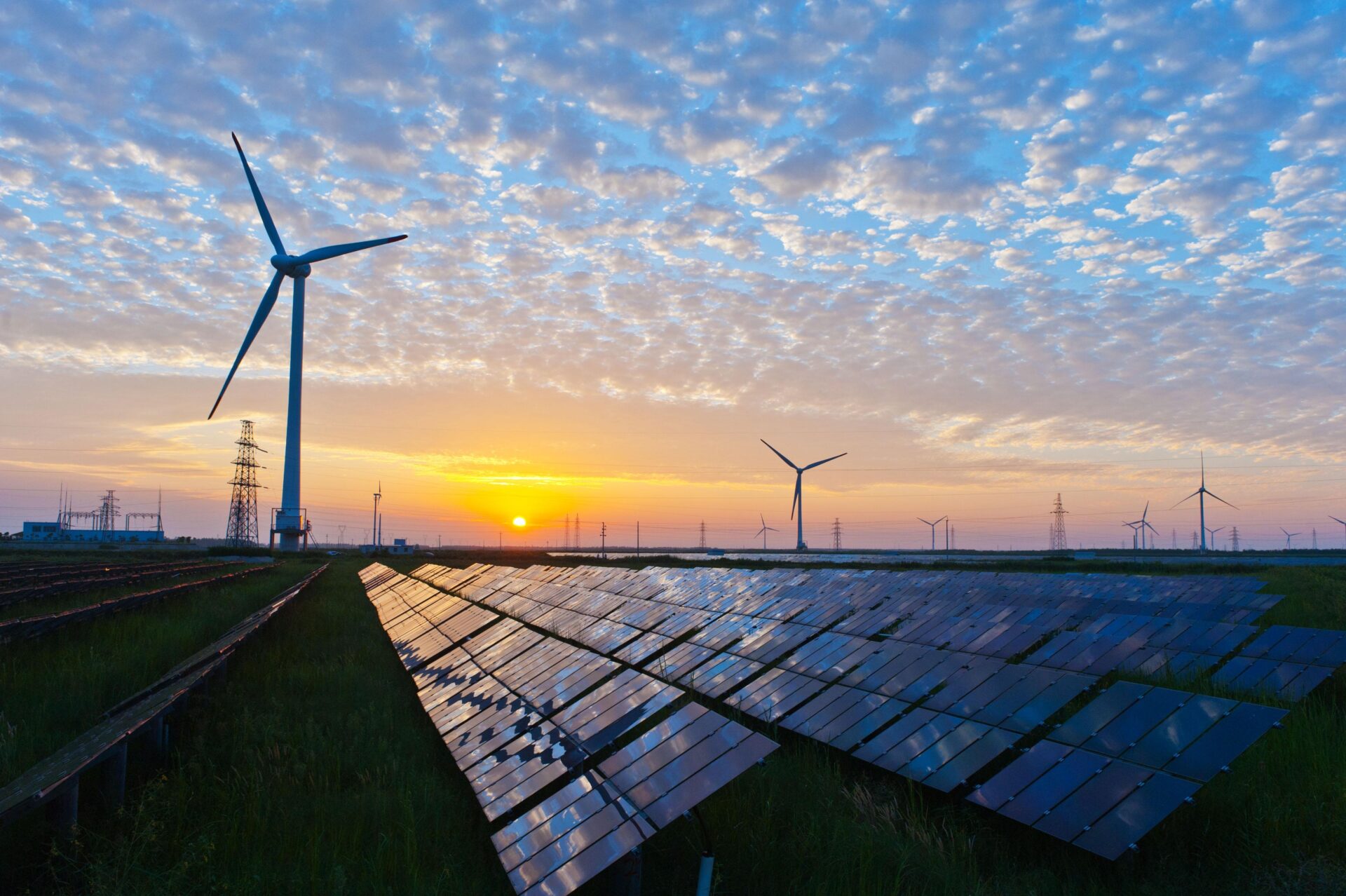For a few weeks now, Spain has assumed the presidency of the Council of the European Union for the second half of 2023. As of July 1, 2023, Spain took over from Sweden. Despite Sweden's progress over the past term, there is a huge pile of legislative files waiting for Spain. Spain's EU presidency is the last fully seated presidency before the European Parliament elections, and the campaigns leading up to the parliamentary elections could take several weeks off the presidency's legislative capacity. Moreover, a few weeks after the country took the helm in the EU, early national elections also took place. In the run-up to Spain's July 2023 elections, there was unrest in Brussels. There was concern that the outcome of the elections could sway the Spanish presidency. Current Spanish Prime Minister Pedro Sanchéz promised, however, that the term would proceed normally and guaranteed robust presidency. It has since become clear that the center-right Popular Party (PP) has become the largest party with a lead of 14 seats over the Social Democratic Sánchez's party. However, forming a right-wing government will still prove to be a complicated issue because there is no clear government majority for PP. Indeed, even with the 136 seats gained, PP cannot form a coalition with the far-right Vox. Indeed, Vox dropped from 52 seats to 33 seats. Together, the two parties are seven seats short of an absolute majority. This means that the chances are not yet gone for Sánchez, who has positioned himself emphatically in Brussels in recent years. Sánchez's social democratic PSOE managed to rake in 31 percent of the vote, against expectations. If PP does not manage to form a government, PSOE may make another attempt. At the time of writing, therefore, it is still unclear what the outcome will be, and whether it will affect Spain's presidency in the EU.
Regardless of the possible influence of Spain's national elections, Sanchéz on June 15 unveiled the list of priorities for Spain's presidency of the Council of the EU. The four priorities are: reindustrializing the EU and ensuring strategic autonomy, making progress on green transition and environment, promoting social and economic justice and strengthening European unity.
Industrialization and Strategic Autonomy
While the international orientation of the EU has brought many economic benefits and prosperity, this openness has also led to the offshoring of key industries. This has made the EU highly dependent on third countries in terms of energy and food supplies, among other things. Current geopolitical developments cast this dependence in a new light. Following the Russian invasion of Ukraine, it has become painfully clear how dependent Europe is on third parties for food and energy. Therefore, in the coming period, the Spanish presidency will prioritize dossiers that stimulate the development of strategic industry and technology within Europe and that diversify and strengthen supply chains. In doing so, Spain has indicated to focus specifically on Latin America on trade and critical raw materials and the EU-CELAC summit.
Energy
Also in the context of energy Spain prioritizes independence, but also reducing energy bills, making companies more competitive and creating new, green jobs. The Spanish presidency is therefore committed in two areas. First, reforming the electricity market to accelerate the deployment of renewable energy, reduce electricity prices and improve grid stability. Back in March, the European Commission proposed a review of the electricity market. For Spain, receptive to interventionism, the proposal was an important victory. Consequently, Spain will continue to work hard on the file in the coming period. Other countries have also already indicated their desire to reach an agreement by the end of the year. This is because the proposal will not only curb volatile energy prices somewhat, but will also reduce Europe's dependence on Russian gas.
Second, Spain is sinking its teeth into the Decarbonized Gas Package which aims at a smooth transition from fossil fuels to sustainable alternatives. The package aims to facilitate the gas sector's transition to renewable and low-carbon gases, in particular biomethane and hydrogen, as part of the EU's 2050 climate goals. The package is currently in the trilogue phase, which could mean that the package will be finalized under the Spanish presidency.
Justice and unity
Finally, Spain advocates for the establishment of minimum and common corporate tax standards in all member states and wants to combat tax evasion by large multinationals. A review of the 2021-2027 multiannual financial framework is also planned. Spain also wants to push for the expansion of workers' rights and rights of vulnerable groups. In a world of uncertainty and increasing geopolitical tensions, the EU must remain united, Spain argues. Therefore, the member states must continue to make progress on integration and develop instruments that will allow them to face the great challenges of our time together. With this, the presidency signals its commitment to justice and solidarity as its guiding principles in the coming period.
All in all, the Spanish Presidency will not have time to sit still, because with this jam-packed agenda, there is work to be done anyway. Whether Spain will be able to create unity amidst disagreements, national as well as European elections and with an overloaded legislative agenda, the coming period will have to show.


